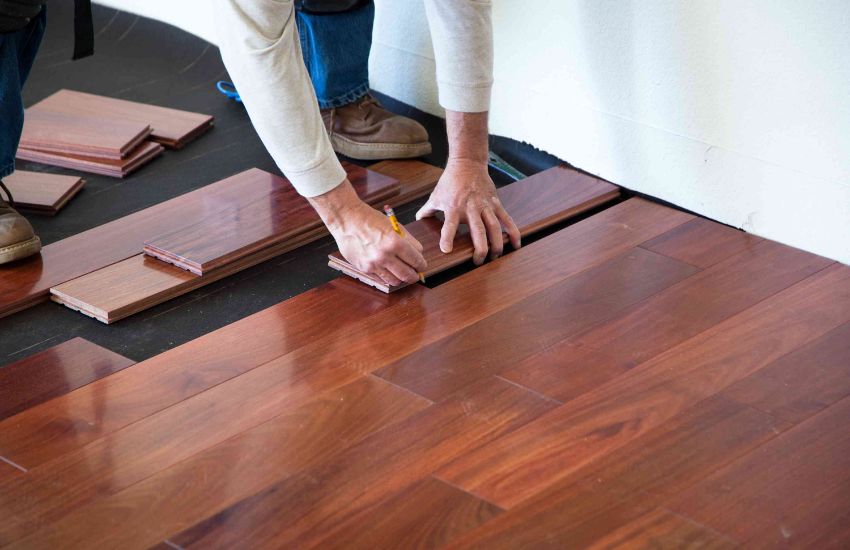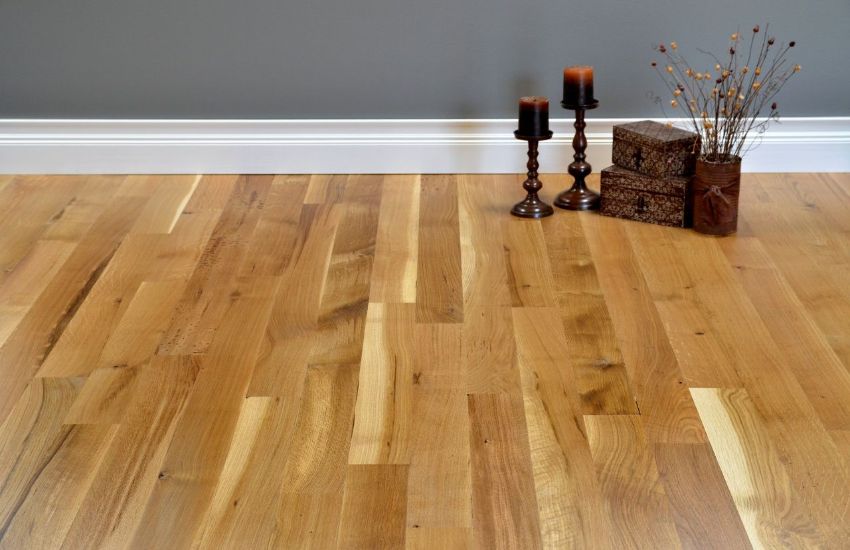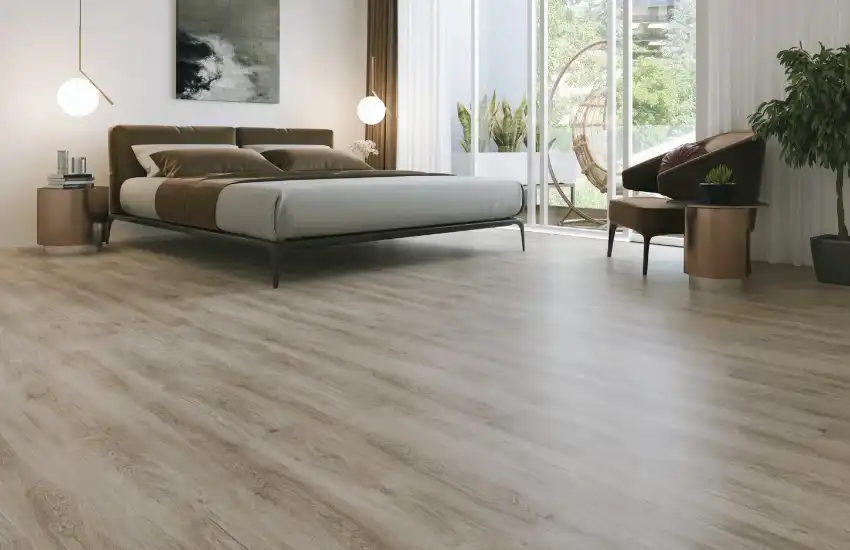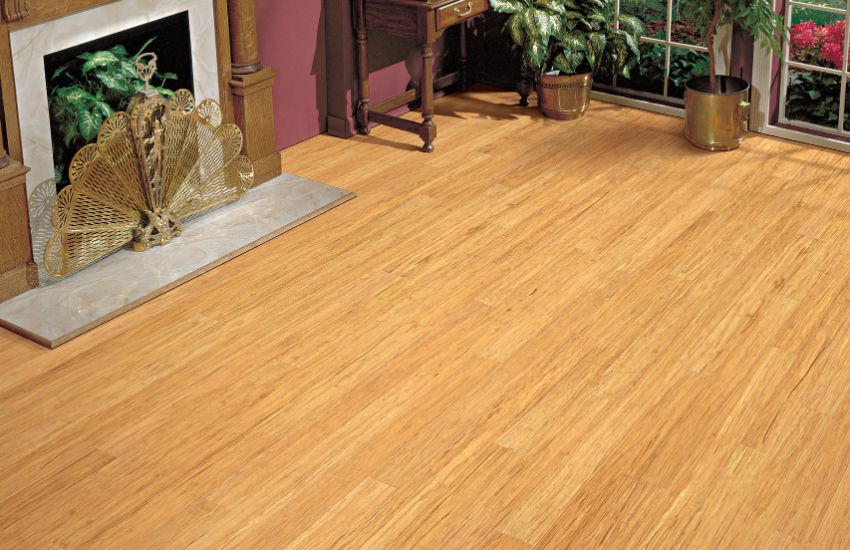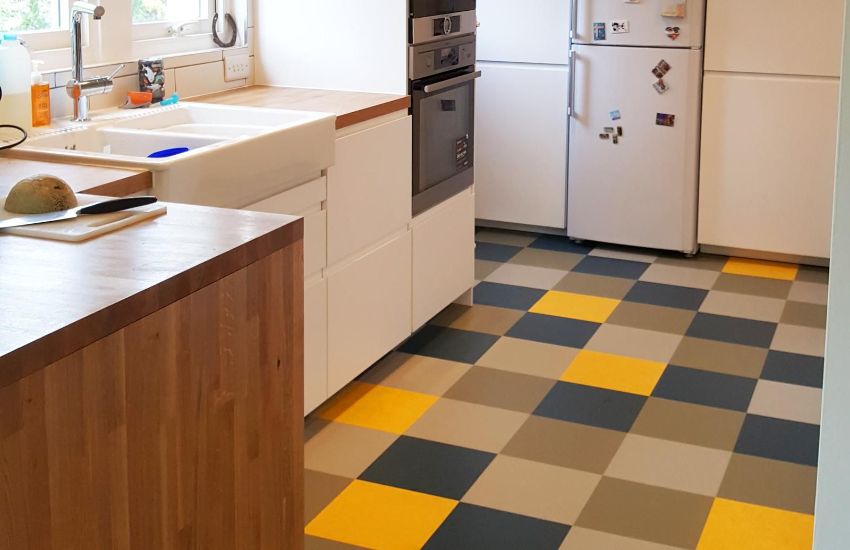Homeowners, flooring experts, business icons, building owners, and even the Government are prioritizing sustainable products for their living areas. Technological advancement and constant flooring fluctuations have made elevating your space with environmentally friendly, durable, and long-lasting flooring materials. These eco-friendly flooring options reduce carbon footprints and promote a healthier environment. So, in creating a greener space, consider the sustainable flooring options.
While searching for a sustainable material for your flooring, you will find various options in the market. Choose the one that enhances the functionality of your space, promotes a greener environment, enhances the aesthetic of your area, and makes a timeless addition to your living space. Let’s move further and understand how to make your space eco-friendly by installing sustainable flooring.
Essential Things To Consider For An Eco-Friendly Flooring
Before deciding on sustainable flooring, it is necessary to consider some factors that will help to make an informed decision. Let’s make the floor remodeling project a timeless investment.
-
Consider The Material
Choosing a sustainable flooring that is made of natural and renewable materials is an essential factor to consider. Select the flooring material that promotes a greener environment.
Some materials that are available in Dubai market are cork, wood, linoleum, bamboo, and engineered wood. Before making a purchase, understand their manufacturing process and evaluate if it involves any chemicals that affect the environment.
-
Determine Floor’s Durability
Investing in a floor is a costly idea so always go for a floor type that not only eco-friendly but also stays longer. An environmentally friendly flooring that doesn’t need frequent replacement, produces less waste, and reduces environmental pollution is recommended. Considering these aspects will add value and functionality to your space. For example, synthetic and sustainable flooring has exceptional longevity and an estimated lifespan of 45 to 50 years.
-
Explore Place OF Origin
Determining the flooring material’s place of origin is also a factor that most people overlook. The flooring materials are transported worldwide, and some of its leading exporters are China, Turkey, Belgium, and the Netherlands. Because the flooring material is transported from one area & manufactured in the other, there are the chances of carbon emission.
A flooring material transported from a distant place could have more carbon footprints than a locally manufactured flooring product. So, it is recommended to opt for locally manufactured and sustainable flooring material to promote a greener environment.
-
Utilize Renewable Raw Materials
Make an informed decision by ensuring that the raw materials used for flooring are environment friendly. Sustainable flooring is mainly manufactured from renewable materials like bamboo, engineered wood, linoleum, hardwood, and cork. If the flooring material is exported and manufactured carefully, it will last longer and can be recycled.
-
Ensure Recyclability
Ensure the recyclability of the flooring material and make the best use of it. It is undeniable that all the flooring eventually ends up, no matter how durable, but choosing a recyclable flooring material will prevent it from ending up in a landfill.
The recyclable material will allow us to repurpose the flooring in other valuable products. A floor that can’t be recycled could harm the environment; therefore, selecting flooring that can be repurposed is recommended. For example, some recycled bottles and rubber flooring end up as low-VOC carpets after processing.
-
Opt For Low-VOC Flooring
A flooring material with high VOCs could cause several health risks to individuals. These VOCs are harmful chemicals released from any sort of manufacturing industry. So, opting for flooring made from sustainable material will have a low content of volatile organic compounds and protect the individuals from any harm. Some flooring materials with low VOCs are laminate, vinyl, wood, cork, and bamboo.
Exploring Different Types Of Environmentally Friendly Flooring
Now that you have a proper understanding of what to look for when evaluating sustainable flooring for your space, let’s discover some common types. Fortunately, there are various eco-friendly flooring options in the market; choose the one that meets the specific needs of your space.
Bamboo
When it comes to eco-friendly flooring, bamboo is one of the recommended choices because of its durability, renewability, and fast growth. The vast benefits of bamboo flooring, like versatility in color, grain, texture, traditional appearance, and affordability, make it a popular choice for flooring experts. Besides these functionalities, different patterns like herringbone and chevron parquet could be achieved by bamboo flooring.
Cork
The popularity of cork floors in the flooring industry is undeniable. The longevity of this flooring is due to its being made from the bark of an oak tree and its fast-growing process. Besides its durability, this flooring preserves the environment by resisting mold and allergens. This floor material has anti-microbial, insect, and mold-resistant properties, making it a popular choice for ages.
Linoleum
The material used for linoleum flooring is linseed oil, tree resins, and cork dust; therefore, it is considered a biodegradable and renewable flooring option. The flame or moisture-resistant properties of this flooring make it a popular choice among individuals. You can increase the functionalities of your space with this durable flooring that comes in different patterns and colors.
Engineered Hardwood
Regarding a sustainable flooring option, engineered hardwood is the best because it is made from natural materials like solid hardwood or plywood. The different styles and durability of the engineered hardwood make them a versatile option for any space.
Verdict | Think Before You Go!
Nowadays, the world of flooring is exploring sustainable, durable, and affordable materials for a greener environment. You can find various flooring options like bamboo, engineered hardwood, cork, and linoleum to upgrade the look of your space and enhance its functionalities. In this article, some essential factors are mentioned that you should consider while selecting eco-friendly flooring. And these factors include flooring material, durability, origin, recycling, renewability, and low-VOCs.

